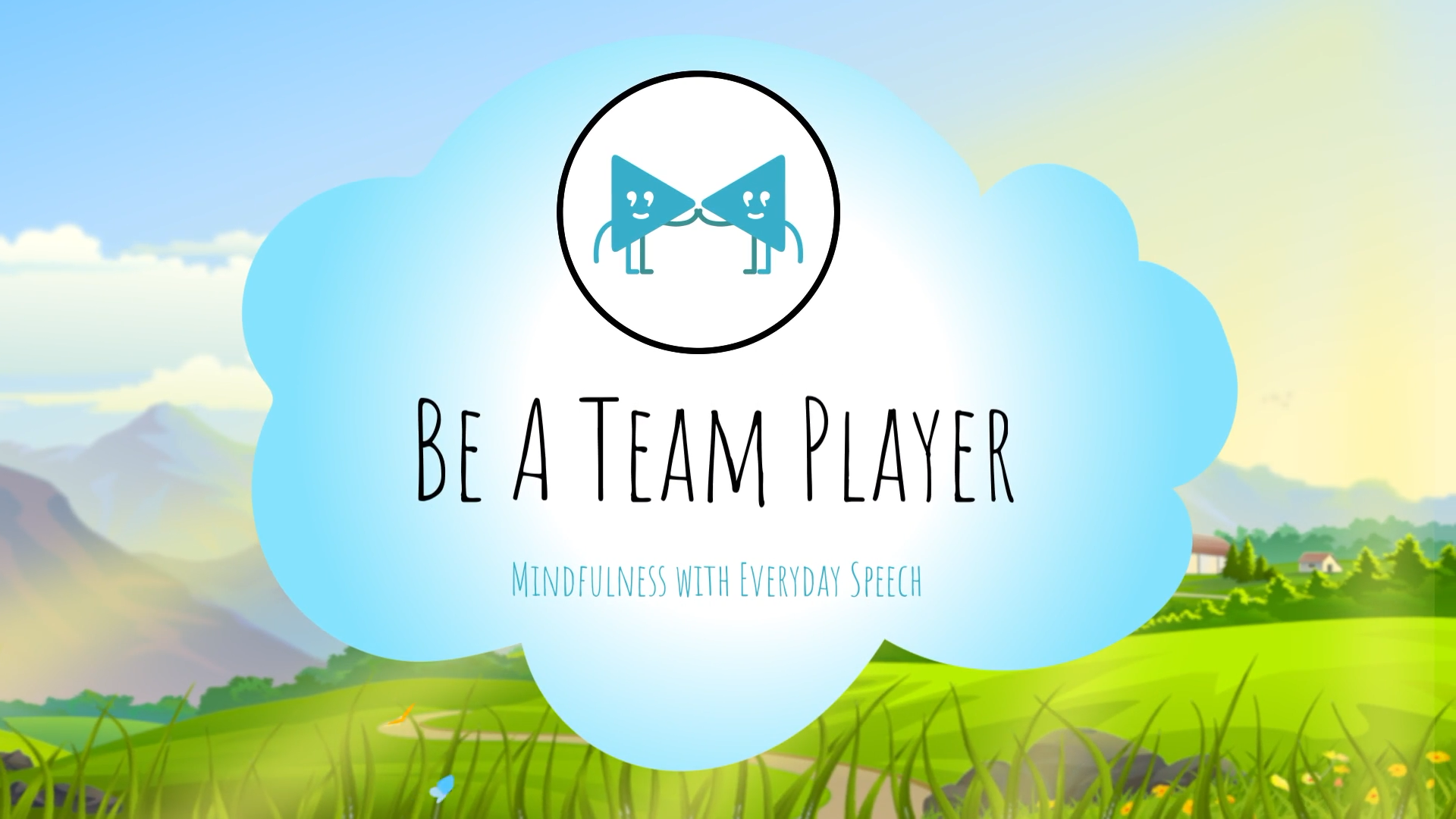
In this blog post, we will explore the importance of being a good team player and provide educators with an easy-to-implement activity to help students develop these essential skills. We will also discuss related skills and provide resources for further learning and practice.
Introduction
Being a good team player is an essential skill for students to learn, regardless of whether they prefer working alone or in groups. Good team players are enjoyable to work with, easy to sit near, and pleasant to have lunch with. Others appreciate their presence, and they contribute positively to group dynamics. In this post, we will discuss eight ways to be a good team player, and provide an engaging no-prep activity to help students practice these skills.
No-Prep Activity: The Teamwork Circle
This simple and engaging activity requires no materials or preparation from the educator. The goal of the activity is for students to practice being good team players by working together to achieve a common objective.
- Have students stand in a circle.
- Explain that the objective of the activity is for the students to pass an imaginary ball around the circle as quickly as possible, using only their voices and body language.
- Students must actively listen and communicate with each other, while also being flexible and supportive of their teammates.
- Start by having one student pretend to pass the ball to the person next to them, making eye contact and using a supportive phrase like “Here you go!” or “Your turn!”
- Continue the activity, encouraging students to pass the ball quickly and efficiently, while practicing the skills of being a good team player.
- After the activity, discuss with students how they felt working together and what they learned about being a good team player.
Discussion Questions
- Why is it important to be a good team player, even if you prefer working alone?
- How did you practice active listening during the Teamwork Circle activity?
- What are some ways you can show support for your teammates with words and actions?
- Why is it important to be reliable and communicate issues right away in a group setting?
- How can you practice being more flexible when working with others?
Related Skills
In addition to being a good team player, students should also develop the following related skills:
- Conflict resolution: Learning to manage conflicts effectively and constructively is an essential skill for working well in groups.
- Empathy: Understanding and sharing the feelings of others can help students become more supportive and caring team players.
- Self-awareness: Being aware of one’s strengths and weaknesses can help students contribute more effectively to a team and improve their overall group performance.
- Resilience: Bouncing back from setbacks and maintaining a positive attitude can help students stay committed to their team and its goals.
Next Steps
By teaching students the skills needed to be a good team player, educators can help them become more effective communicators and collaborators. To access free sample materials for teaching these skills and others, sign up at Everyday Speech.

